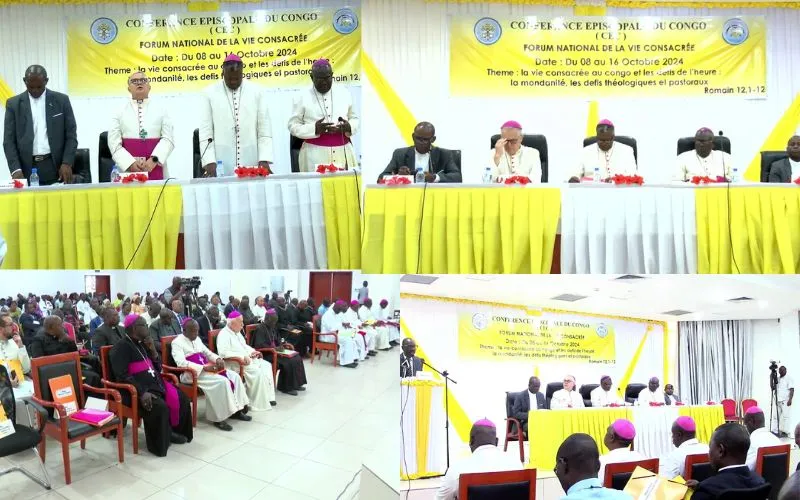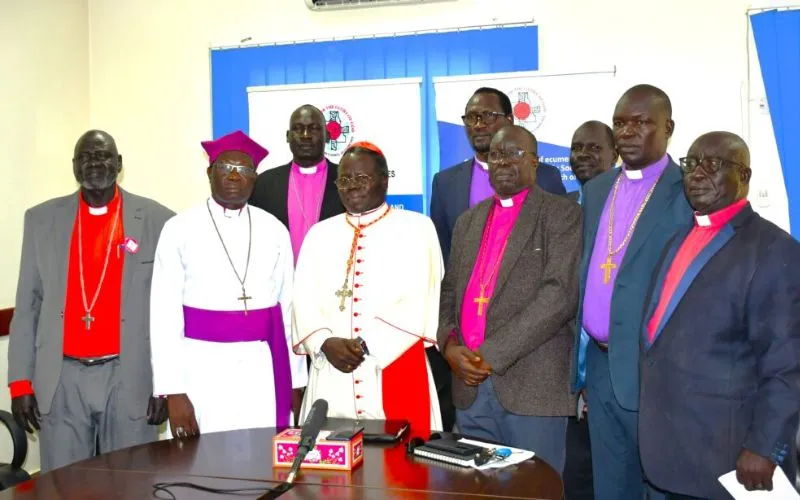Brazzaville, 17 October, 2024 / 9:16 pm (ACI Africa).
Catholic Bishops in the Republic of the Congo (Congo Brazzaville) have declared synodality as a “pastoral imperative” in response to the many crises that both the Church and society are facing.
In the statement issued Thursday, October 17 at the end of their 51st Plenary Assembly, members of the Episcopal Conference of Congo-Brazzaville (CEC) call for unity, collaboration, and shared responsibility to navigate the challenges of modern times.
“In the wake of the many crises facing the Church and society, synodality appears to be a pastoral imperative both at the level of the universal Church and at the level of our local Church,” CEC members said in the statement they issued at the end of their October 8-16 Plenary Assembly themed: “The Church family of God which is Congo: synodality, communion, participation, and mission.”
For the Catholic Church in Congo, the Bishops say there is an “urgent need to strengthen unity and to give priority to the synodal process for the relaunch of the evangelizing mission on Congolese soil.”
“Our local Church must become more of an example of synodality for other churches, through our witness to the Christian life, our commitment, and our ability to live in communion and fraternity, following the example of the first Christian community,” CEC members say.








